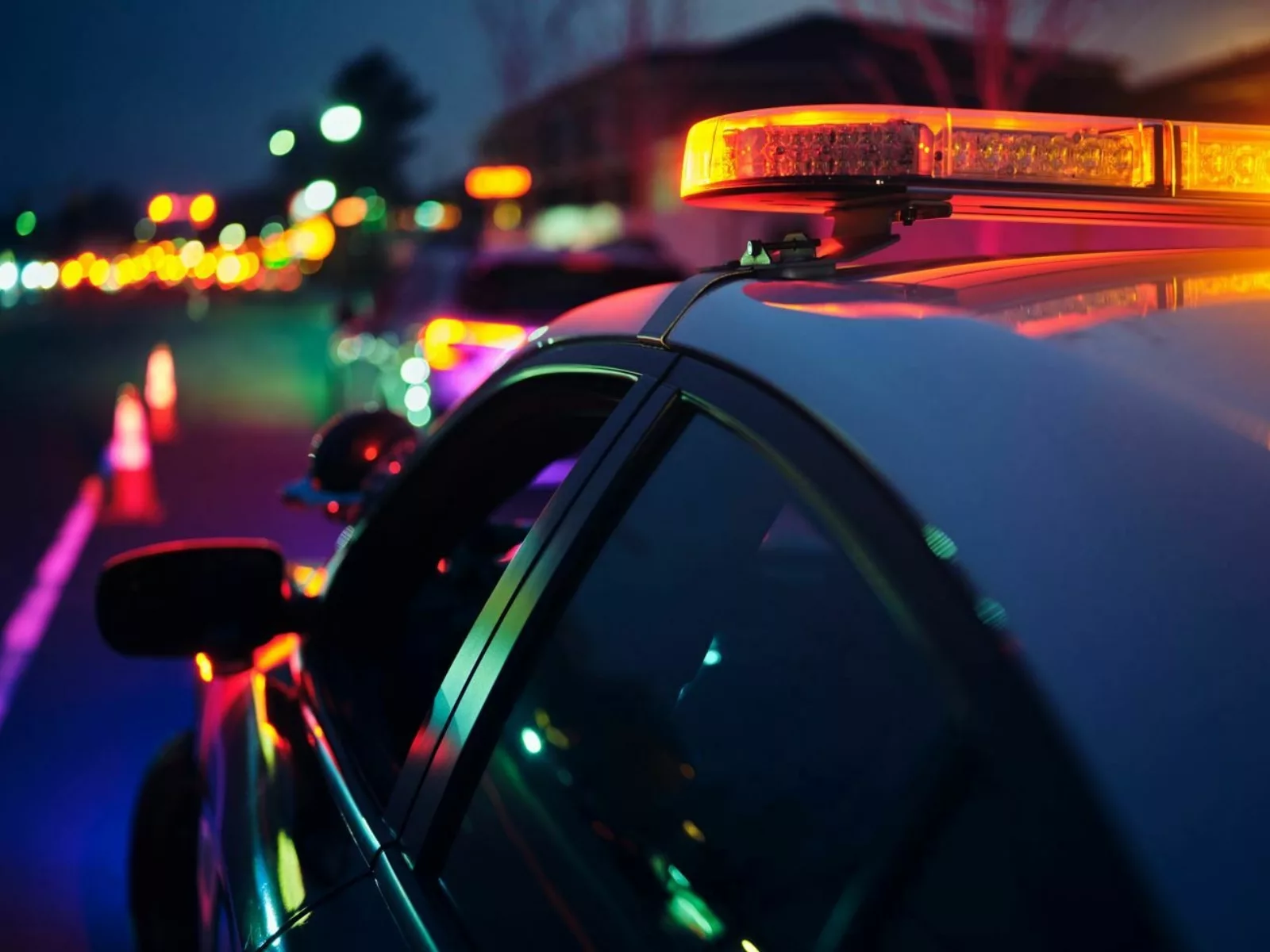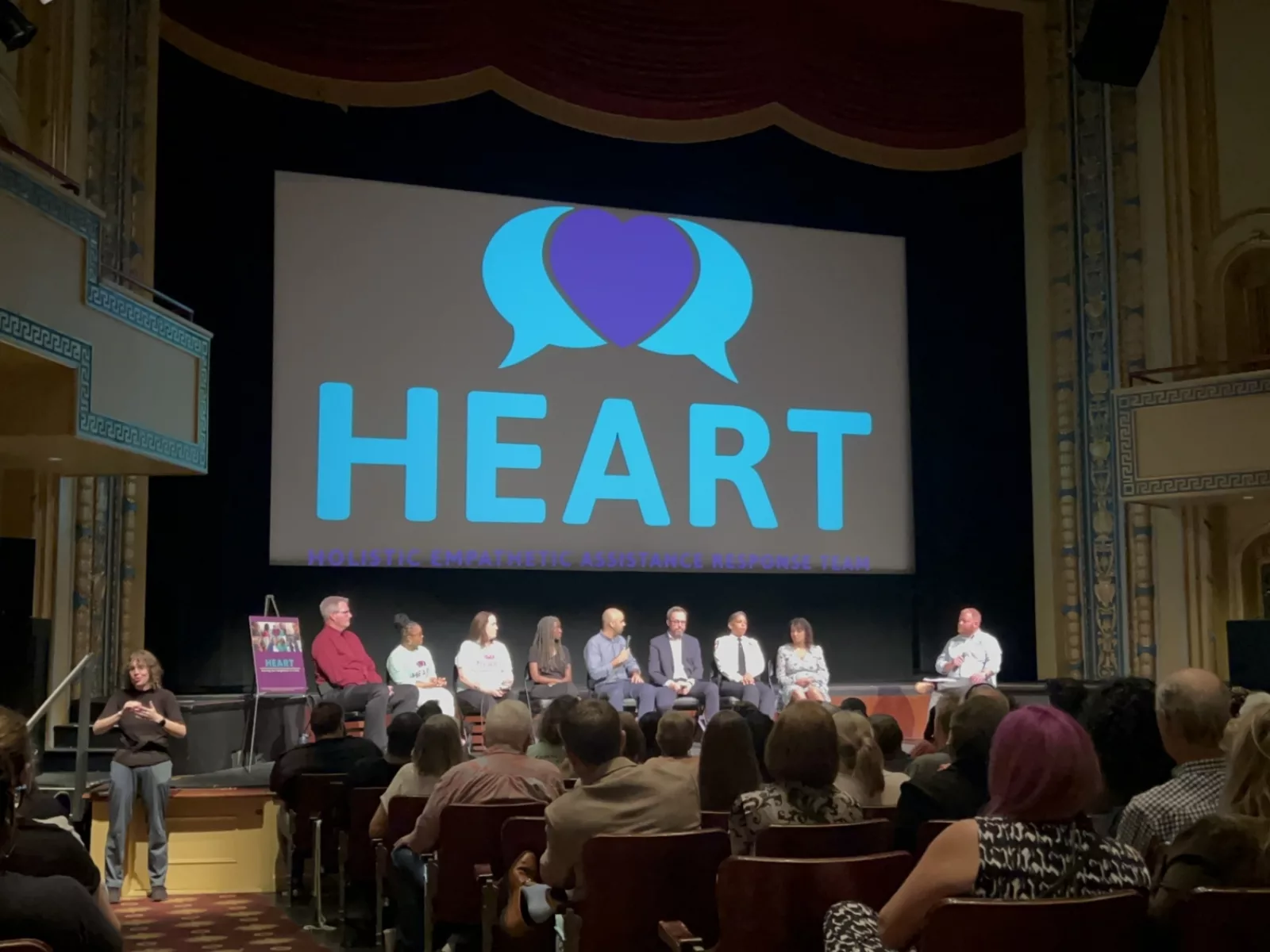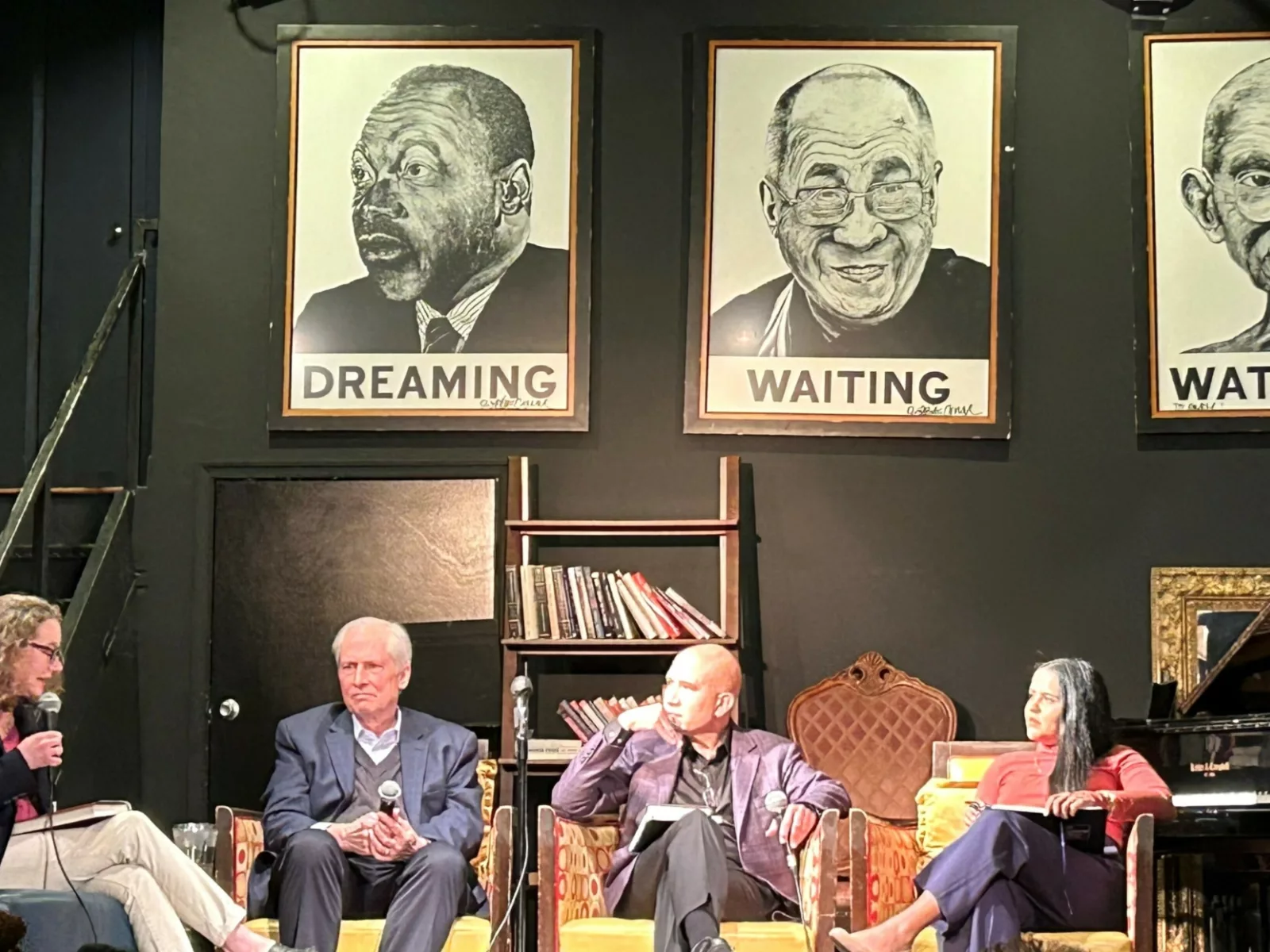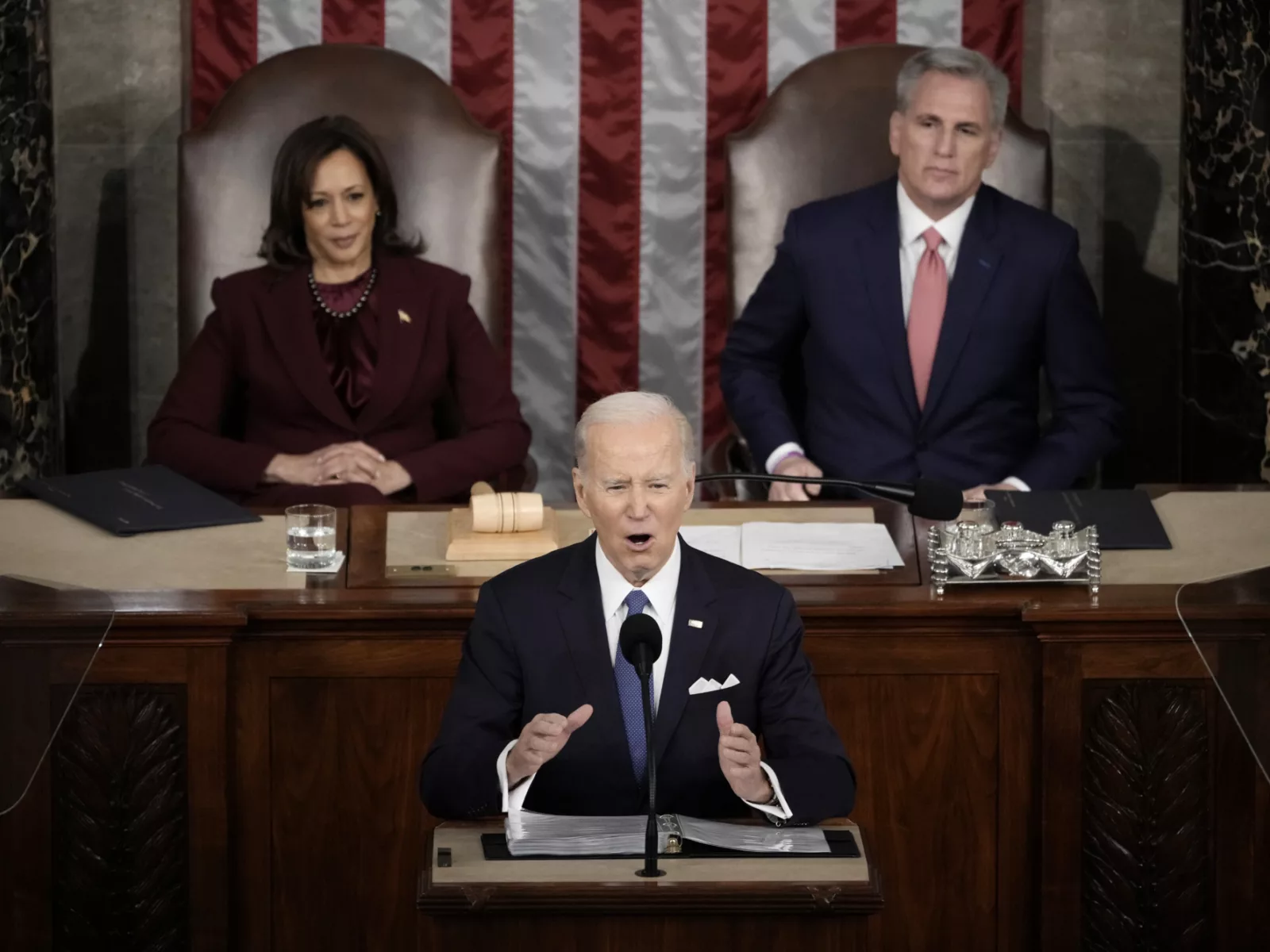This is part 2 of a series on police reform and police accountability.
Read Part 1: Once an Outlier, New Jersey is Making Inroads for Police Reform
In June 2020, Matt Platkin — then-chief counsel to the New Jersey governor — took to Twitter to express his frustration with the state’s inactivity on policing licensing.
“This officer moved from police department
to police department
to police department
to police department
to police department
to police department
to police department
to police department
to police department.
This is why we need police licensing in New Jersey.”
Platkin — who became New Jersey’s acting attorney general in February — was referencing the case of Ryan Dubiel, a police officer whose assault on two teenagers in 2020 led to an investigation that uncovered a troubling pattern: The 31-year-old officer had worked for nine police departments, hopping from agency to agency across the state while racking up misconduct complaints and making more than a dozen arrests that resulted in injury to the people he was trying to take into custody.
Because New Jersey didn’t have a licensing system for police officers and no database to track officers who committed serious misconduct — and, in fact, until 2020 had rules preventing the disclosure of disciplinary records between police agencies — Dubiel was able to fly under the radar.
The revelation about Dubiel came two and a half years after the Asbury Park Press published the police misconduct series “Protecting the Shield” on wandering officers and recommended that New Jersey create a system of decertifying police officers who are unfit to serve. And it came about 19 months after NJ Advance Media published “The Force Report,” a statewide database of police use-of-force records created by the news outlet that showed major racial disparities in how New Jersey police officers used force.
The reporting didn’t bring about immediate change — thus giving Dubiel the ability to commit multiple disciplinary infractions — but it “gave statistics, it put flesh on the bones of things that advocates and community members have been yelling about for so long,” said the Rev. Charles Boyer, founding director of the New Jersey advocacy group Salvation and Social Justice. “That gave us communication tools, and it heightened the volume.”
With that data in hand, Rev. Boyer and other pastors held public hearings in churches throughout the state and “put faces to the data, and that was really powerful.” In their push for police accountability, Rev. Boyer and the others would reiterate statistics from “The Force Report” — how a Black person was three times more likely to face police force than someone who was white. How in South Orange, New Jersey, Black people faced police force at nearly 10 times the rate of white people. How in Lakewood, it was 22 times the rate.
But while the attorney general issued a use-of-force directive in 2020 and some police
reform bills made it to the governor’s desk, licensing wasn’t among them.
The lack of progress was “disheartening and demoralizing,” Rev. Boyer said. “As a Black man who grew up in this state, I can’t say that I personally experienced some outrageous misconduct, but I definitely experienced, without a doubt, racial profiling, understanding how at any given moment, any of those situations could have ended my life.”
Rev. Boyer and his Salvation and Social Justice organization, however, kept pushing, and with the appointment of Platkin in the AG’s office in early 2022, they began an intense lobbying effort for police licensing with support from Arnold Ventures.
At the same time, Sayreville, New Jersey, Police Chief John Zebrowski — then-president of the New Jersey State Association of Chiefs of Police — was working with other stakeholders to put together a framework for what would become the legislation. The working group, which was formed within the state’s Police Training Commission in 2019, included law enforcement officers, social justice advocates, and police union representation. For two years, this eclectic group of stakeholders worked to find common ground and then submitted their proposal to the state, which used the framework to draft the legislation.
The licensing of law enforcement officers throughout New Jersey provides an additional layer of professionalism and accountability to the men and women who take an oath to serve and protect the citizens of this great state.Patrick Callahan superintendent of New Jersey State Police
After decades of advocates lobbying for the bill and years of stakeholders working on its language, the final months of the process occurred at warp speed: The legislation was announced in mid-May, passed the Assembly and Senate at the end of June, and was signed in July.
That quick action happened with support from across the political spectrum, including advocates like Rev. Boyer and law enforcement leaders like New Jersey State Police Superintendent Patrick Callahan, state Department of Corrections Commissioner Victoria Kuhn, State Troopers Fraternal Association President Wayne Blanchard, New Jersey Fraternal Order of Police Executive Vice President Robert Gries, and Co-Founder of the National Coalition of Latino Officers Richard Rivera.
“The licensing of law enforcement officers throughout New Jersey provides an additional layer of professionalism and accountability to the men and women who take an oath to serve and protect the citizens of this great state,” Callahan said in a governor’s office news release.
Blanchard added: “This bill enhances the concepts of producing a more professional and better trained police officer while incapacitating bad actors for which we have no tolerance.”
The New Law
New Jersey’s statute, which goes into effect in 2024, requires all law enforcement officers to hold active licenses issued by the state Police Training Commission, and it gives the commission the ability to revoke an officer’s license if they have engaged in certain illegal or improper conduct or acted outside the bounds of professional standards. Conduct that could result in a revocation includes a criminal conviction, an act of domestic violence, two or more DUI or reckless driving offenses, filing a false report, or making discriminatory statements.
Now … if nothing else, it begins to deal with a culture and a climate shift that is basically saying this is something that can’t be tolerated.Rev. Charles Boyer director of Salvation and Social Justice
Police officers are also required to pass a psychological examination and take training courses throughout their career to remain licensed.
New Jersey also took a significant step beyond most other states by including extremist activities in its list of misconduct that could result in decertification. Licenses can be revoked if a police officer is found to be a member of a hate group or an organization that advocates for the overthrow of government, or if they show support for those groups on social media or by other means — whether in their professional life or personal life.
That piece of the bill was vitally important, Rev. Boyer said. After the Jan. 6 insurrection — and seeing that there were police officers among the rioters — Rev. Boyer and other pastors had multiple discussions with the AG’s office about ways to keep extremism out of the ranks.
“Now … if nothing else, it begins to deal with a culture and a climate shift that is basically saying this is something that can’t be tolerated,” Rev. Boyer said.
So far, one former New Jersey corrections officer has pleaded guilty to charges related to the insurrection.
The legislation also contains provisions that are specific to targeting the wandering officer. All separations — any time an officer leaves a law enforcement agency, whether they resign or are fired — have to be reported to the state training commission. And each time the commission revokes the license of an officer, it must report that officer to the National Decertification Index.
Next Steps
Even as New Jersey celebrates its groundbreaking decertification law, more work remains. The implementation process provides opportunities to ensure that the law is enforceable and that officers are held to the highest standards of behavior.
Issues like the makeup of the state Police Training Commission, which decides whether to suspend or revoke licenses, stand out as opportunities to implement best practices. Josh Parker, senior staff attorney at the Policing Project at the NYU School of Law, said law enforcement officers and officials currently comprise more than three-quarters of the commission. Though the bill was revised to include additional representation from community members, advocates were dismayed that the number wasn’t higher. Ideally, Parker said, anywhere from one-third to one-half of the commission should be “folks like public defenders, social workers, those experienced with police oversight or auditing, retired judges, and others who are not law enforcement officers or officials to get a diversity of viewpoints and ensure that the community being policed are adequately represented.”
Another area deserving of attention, Parker said, is that the New Jersey bill lacks an enforcement mechanism for ensuring that agencies report information about officer misconduct or officer separation to the Police Training Commission.
“What’s to happen if misconduct happens but that particular agency fails to sustain that misconduct?” said Marc Krupanski, director of criminal justice for policing at Arnold Ventures. “Giving the commission an ability to conduct their own thorough investigation while maintaining and honoring due process rights I think is significant in order to create a double checks and balances.”
The commission is also not vested with any subpoena power to investigate, so while it is charged with investigating officer misconduct, it will not have the power to compel production of documents and witnesses when investigating that misconduct, Parker said.
Parker and Rev. Boyer believe that some of these issues can be addressed through regulation or a cleanup bill, though Chief Zebrowski said he hopes the regulatory process will be as efficient as creating the law was, keeping the focus on licensing and not adding policies that could bog it down so much that they never get to the finish line.
Rev. Boyer plans to keep fighting for those issues but also said it is important to acknowledge the progress that has been made.
“Even though it isn’t everything we would want it to be, it still serves the purpose, and it still builds an infrastructure toward accountability that we wouldn’t have otherwise,” Rev. Boyer said. “And that is progress by any marker.”





















